I am Simavi - Loan Liem: ‘That girl went from being silent to expressing her opinion about her own life’
Loan Liem, senior programme manager and consultant in the Netherlands
Text by Lula Ahrens
With more than 30 years of experience in the humanitarian and development sector, Loan Liem’s track record is hard to beat. Loan supports and empowers Simavi’s local partners around the world. As a health specialist, she focuses on sexual and reproductive health programmes, women empowerment, gender and gender-transformative approaches. Loan’s background as a medical professional gives her a unique perspective on what an organisation like Simavi can achieve. ‘That girl went from being silent to expressing her opinion about her own life.’
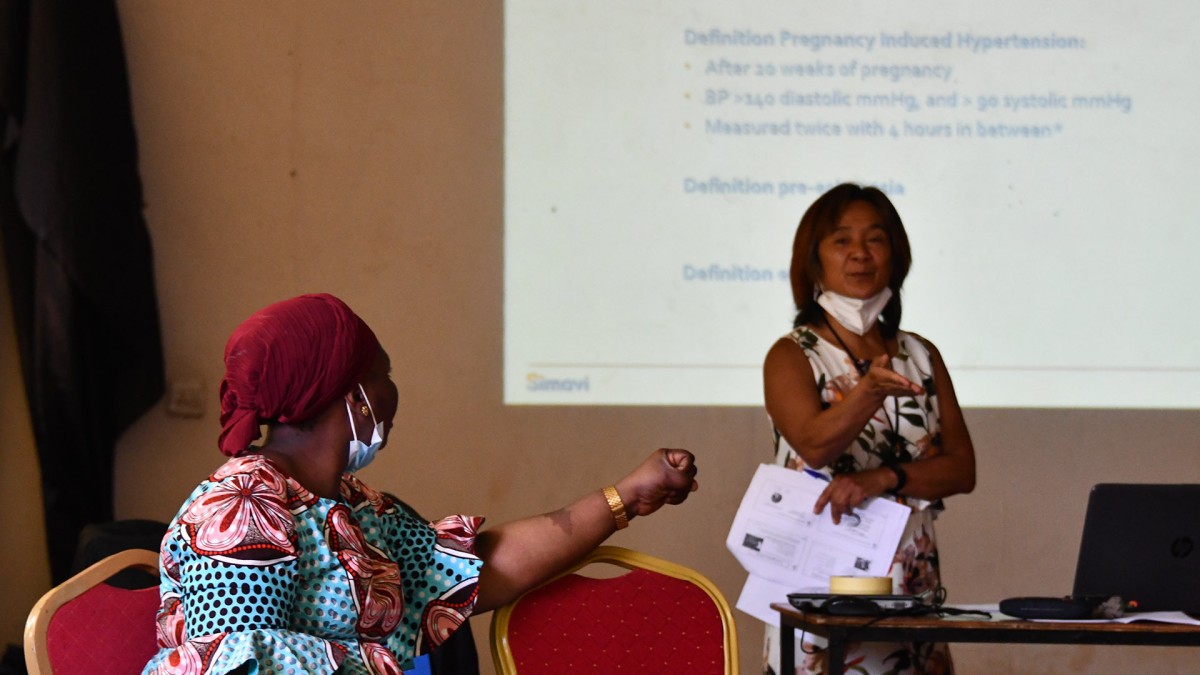
You were about to travel to Ghana when we asked you for an interview. How did it go?
'I spent last month in Binduri; a rural area in northern Ghana to monitor a project involving our innovative backpack Check2gether; a prenatal testing kit in a backpack that supports midwives and nurses in remote villages. In it, you will find a blood pressure monitor, urine dipsticks, a hemoglobin meter that can measure blood levels without a finger prick and a tablet with risk-filtering questions. In case of alarming symptoms, the app from the kit recommends a visit to the hospital.'
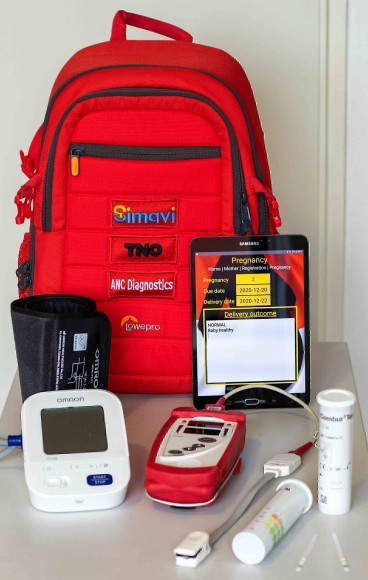
Why did you switch from your previous medical profession to humanitarian aid and international development?
'I used to specialise in tropical diseases. But during my posting in Tanzania, I realised that as a doctor, what happens outside your office is beyond your control. Lab results might be inaccurate. Patients might share their medication with their neighbours or bury and dance around it as part of a ritual.
Most people don’t even reach the hospital to begin with; they die at home. That’s why I decided to focus on community health instead. We taught people how to prevent disease, and health providers how to adequately and empathetically inform their patients. In that realm I have seen clear improvements, which is very encouraging.'
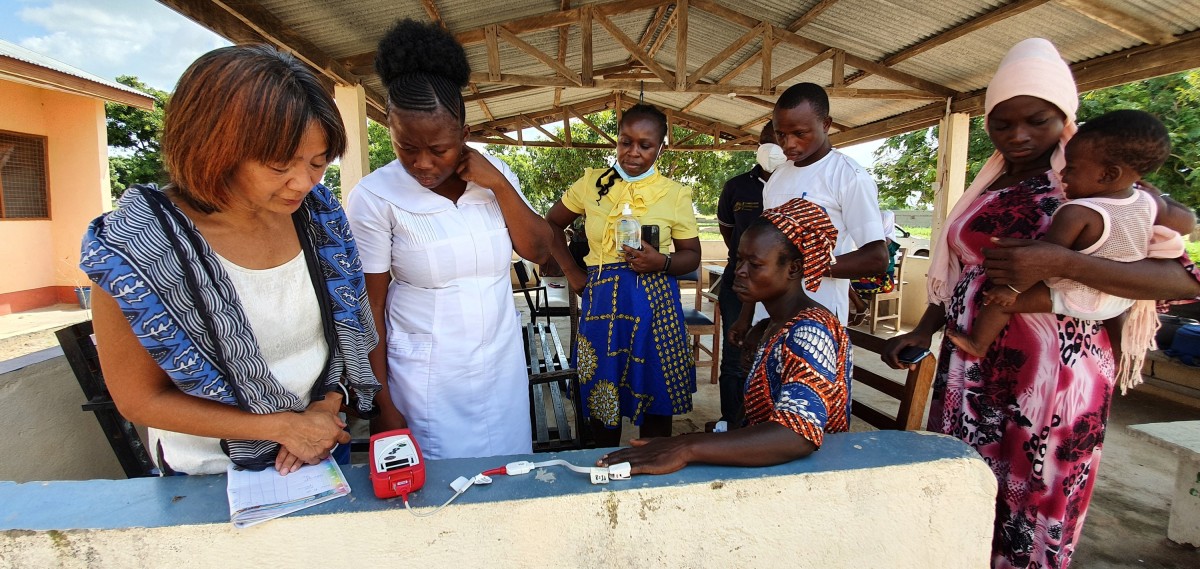
Have you had breakthrough moments where you literally witnessed the impact a programme made?
'In India, we [Simavi] tried to give young girls a voice with the goal of preventing forced early marriage. You can’t imagine how shy the girls were when I first met them; they barely uttered a word without their parents’ consent. But towards the end of the project, some actually shared their stories in front of an audience.
I remember this 15-year-old girl, who was due to get married against her will. She phoned her father and said: ‘We know that it’s forbidden by law to marry me off so early. I don’t want this.’ She felt protected and empowered by the group of girls she was with, and managed to convince her parents to cancel the wedding. That girl went from being silent to expressing her opinion about her own life and future. It was life changing.'
How did the boys and men react?
'We actively addressed and involved the girls’ brothers and male friends. Men taking women seriously and advocating their rights is a big step forward when it comes to empowering women and gender equality. Speaking out together results in an even stronger message.'
What are your hopes for Simavi’s mission of shifting the power?
'As the main intermediates between the people and us, we very much depend on our partners. We show our partners how to teach citizens to ask for information and voice their needs and rights, but they carry out the actual work. We co-create our programmes in consultation with them. Simavi is a frontrunner in shifting that power.
Looking forward, I hope that South-to-South learning will become the norm, so that the North and particularly donors aren’t always in the driving seat. There is a dilemma, though; the question how to simultaneously hold partners to account. The goal is to enable citizens to voice their needs, demands and rights. The power has to end up with them, not with the partners themselves. We need to be very clear on that.'
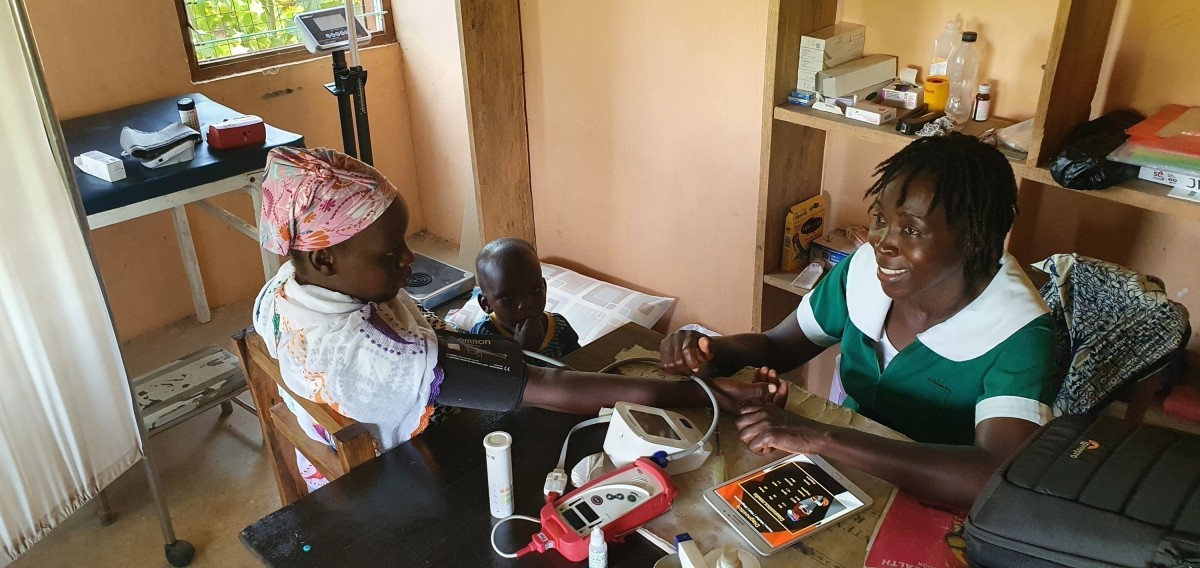
What are the greatest challenges you face at Simavi?
'Policies are created at the donor level, which means donors yield considerable power and influence. My personal view is they should listen to us more openly and intently to learn whether their policies are having the desired effect, and to what extent.'
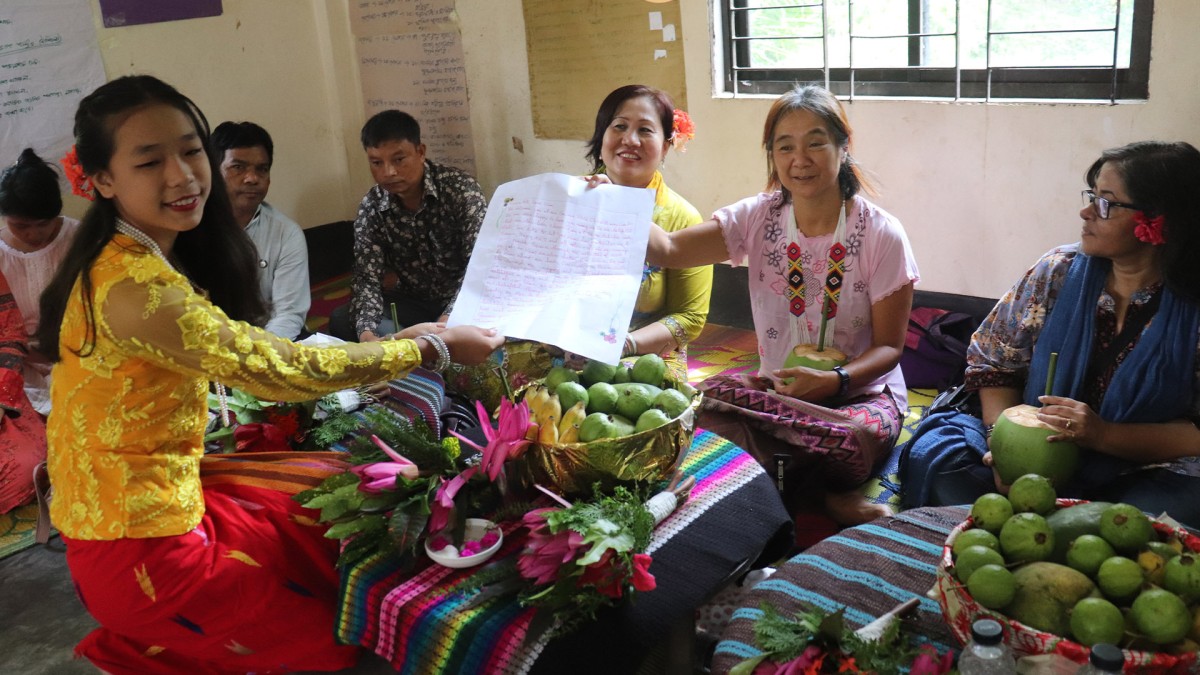
Do you feel you serve as a role model for your colleagues?
'I’ve learned a lot from people from other cultures, and vice versa. A colleague at a partner organisation from Malawi for example was grateful to learn that she doesn’t have to automatically say yes to Western volunteers who offer their expertise for free, as she admitted they often cost her a lot of time and energy. She really appreciated that new perspective.'
Want to work with Simavi as a partner?
Do you want to work with Simavi as a partner? Have a look further on our website.



